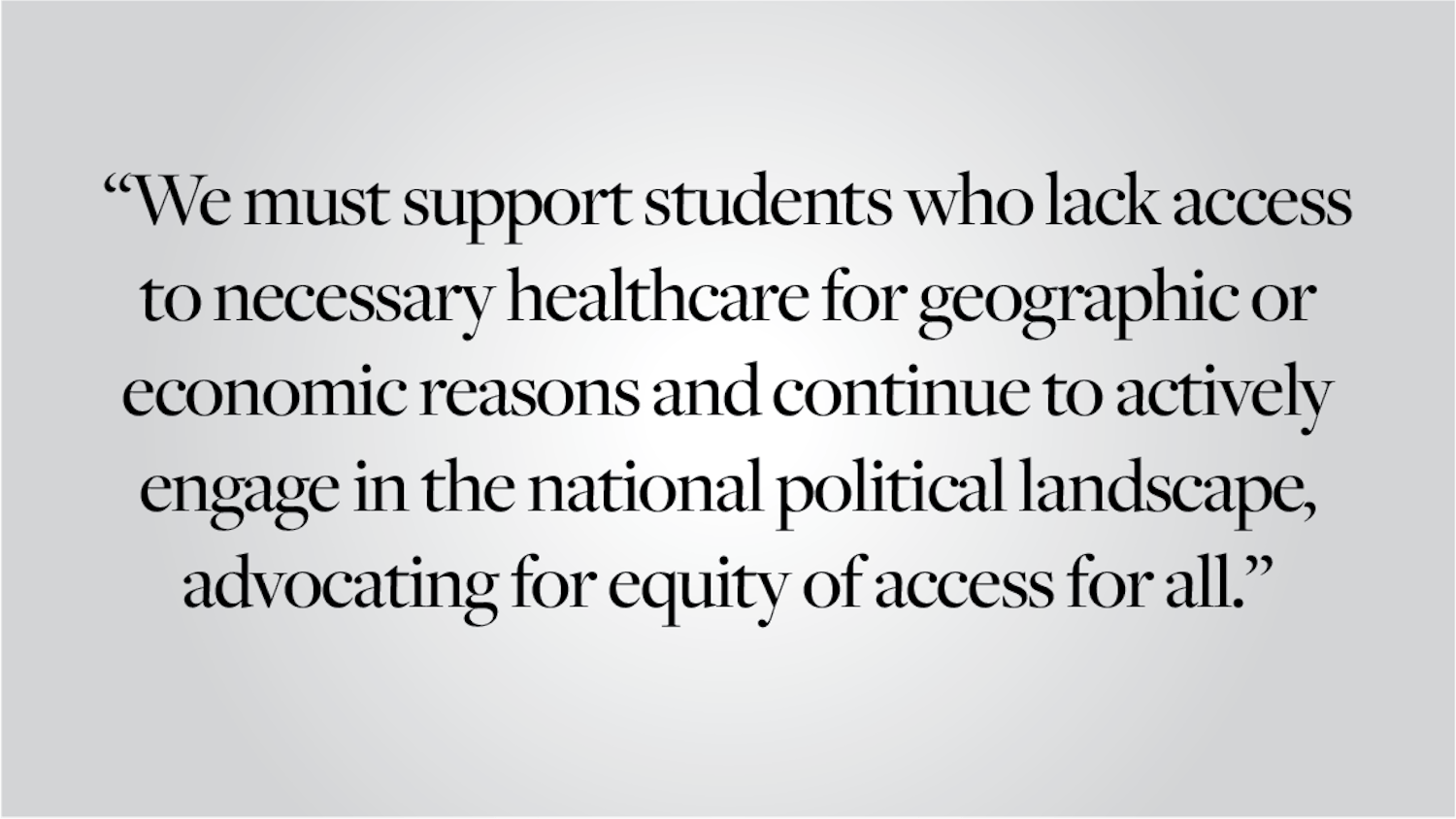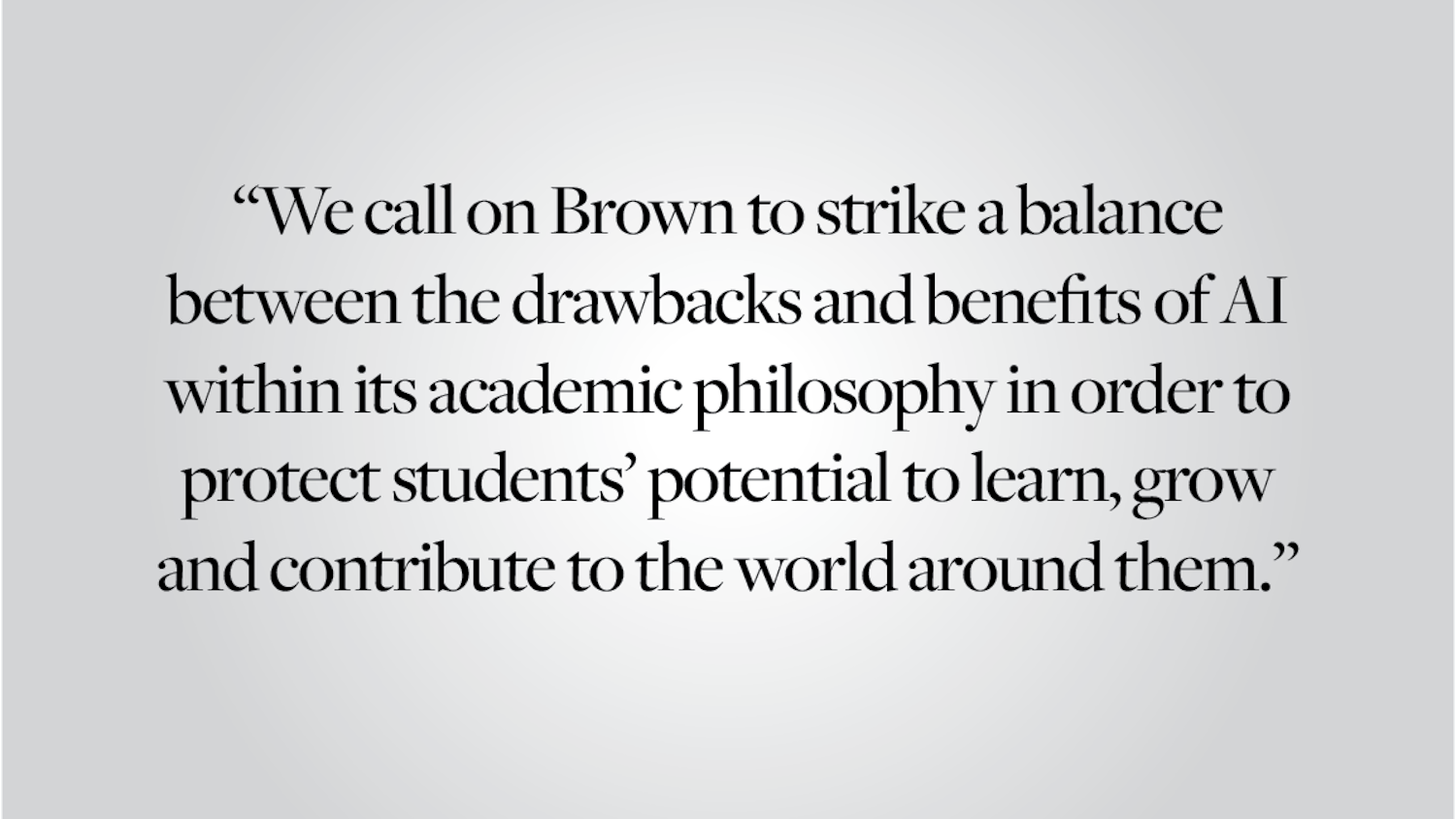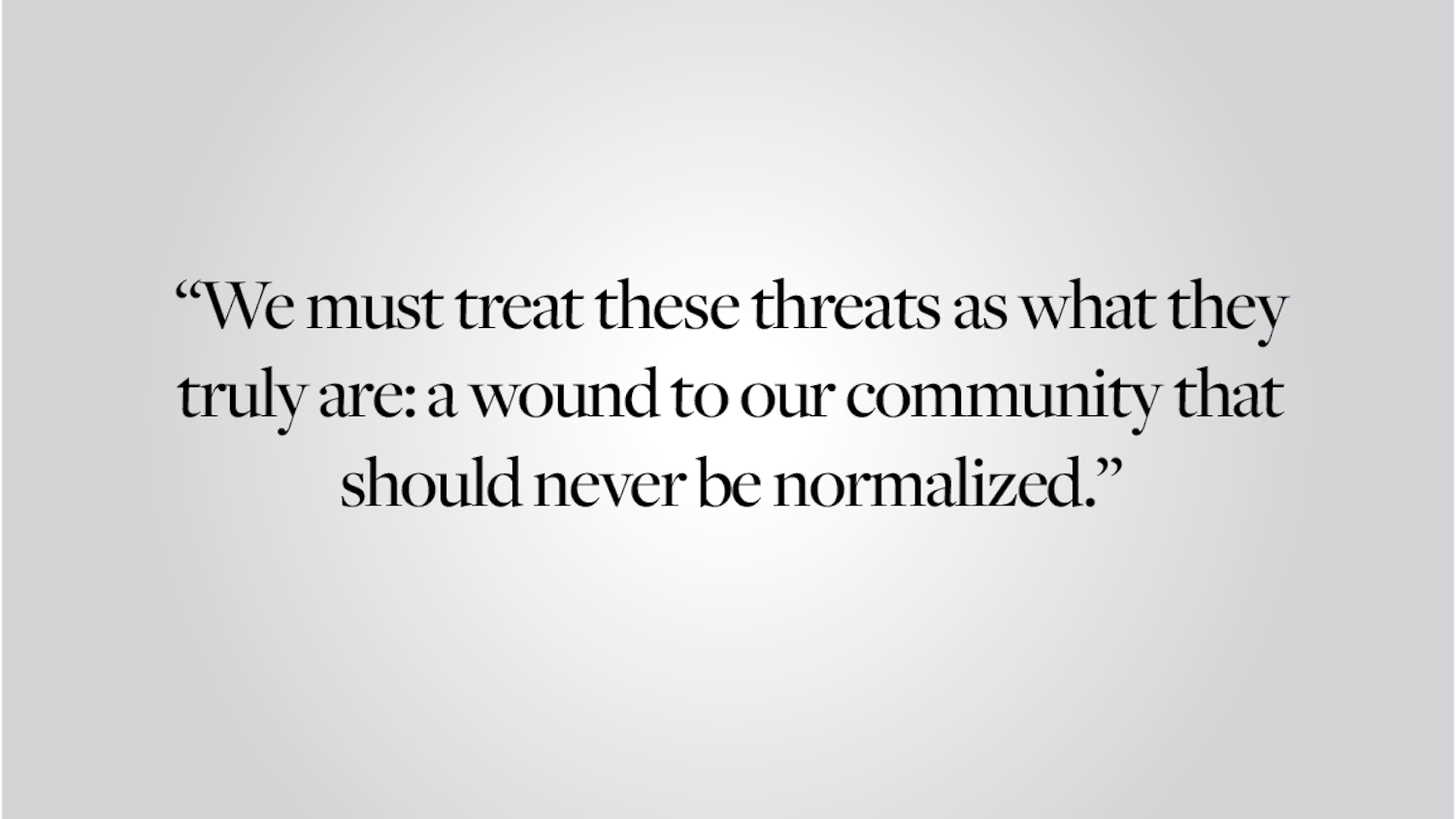A recent Herald story on Counseling and Psychological Services brought to light several trends in the demographics of students using CAPS that we find need attention and addressing.
First, it is important to consider that a disparity persists in relation to gender. Approximately 29.7 percent of female students have been to CAPS at least once before, compared to about 21.9 percent of male students, according to a poll of undergraduates conducted by The Herald last month. Of students who hit the seven-visit limit and sought outside help, 70 percent identified as female and 26.7 percent identified as male.
The fact that fewer male students turn to CAPS is sad but not surprising, as it mirrors the nationwide trend of college women seeking psychological help more frequently than college men. As Men’s Health Coordinator Marc Peters told The Herald, “In society, help-seeking is portrayed more as a feminine thing.” According to Peters, many boys feel pressure to “tough it out,” and they resist visiting CAPS for fear of being judged. He pointed out that while men experience depression less frequently than women, their suicide rate is about four times higher.
We write to remind all Brown students that there is no shame in asking for help. We also want to remind male students who might not know where to start that there are resources specifically designed to foster healthy masculinity available to them on campus.
For example, early October saw the launch of the Men’s Story Project, which facilitates conversations amongst male-identifying students about their masculine identity. The Men’s Story Project provides a safe space in which male-identifying students are encouraged to explore these areas. In the spring, participants will share their narratives in a final performance. Hopefully, a focus on redefining masculinity on campus will help combat the stigmas that cause male students to feel uncomfortable seeking help.
Another interesting pattern to note is that while black and non-black students make appointments with CAPS at the same rate, black students are more than twice as likely to have reached the seven-appointment limit and received outside help, according to the Herald poll. Given this pattern, we believe the new hires who will further CAPS’ plan to eliminate the seven-session limit by fall 2017 must reflect the demographics of the students who need the most help. Students should have access to psychological help from people to whom they can relate.
It is more important, though, to interrogate the context of the higher rate at which black students hit the seven-session limit and seek help elsewhere. As demonstrated in the Blackout last week, during which Brown community members showed solidarity with the black victims of hate speech and threats of racialized violence at the University of Missouri, many black students have expressed feeling isolated by institutional racism and a lack of support in countering it on campus. In light of the unique challenges facing students of color, it is crucial that they have access to support on this campus, and that CAPS be fully equipped to provide such support.
Editorials are written by The Herald’s editorial page board: Emma Axelrod ’18, Eben Blake ’17 and Aranshi Kumar ’17. Send comments to editorials@browndailyherald.com.




